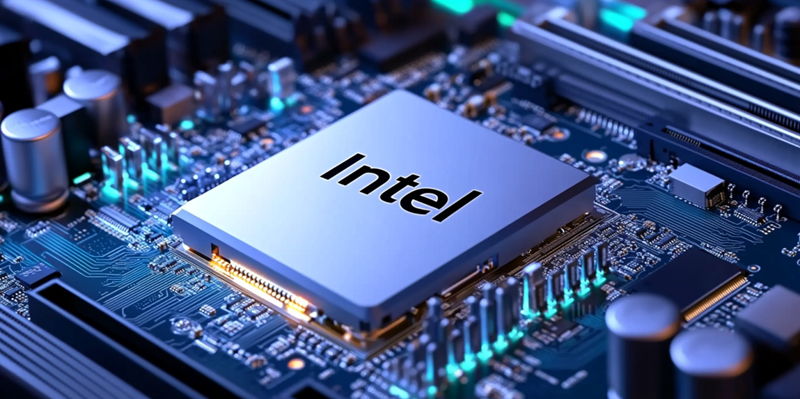Intel is gearing up to launch its next-generation Panther Lake CPUs, poised to encompass both desktop and laptop variants. The Panther Lake-H laptop CPUs are expected to debut at CES 2026, following the introduction of the Arrow Lake-H series at CES 2025. As for desktops, speculation indicates the possible launch of the Panther Lake-S series by late 2025, potentially succeeding the Arrow Lake-S lineup. Such consistent progression through technological advancements underscores Intel’s determination to stay at the forefront of the CPU market, ensuring they continuously provide cutting-edge performance and power efficiency.
A significant worry among users revolves around the longevity and compatibility of Intel’s LGA 1851 socket. Current support extends only to Arrow Lake-S CPUs, raising concerns about future compatibility, particularly if Panther Lake or the subsequent Nova Lake CPUs require a new socket, making existing motherboards obsolete. This uncertainty could be a strategic hurdle for Intel, as it aims to assuage customer concerns while pushing the envelope of innovation. Ensuring longer socket life could play a pivotal role in maintaining user trust and minimizing disruptive transitions in hardware upgrades.
Lenovo China’s manager recently hinted at Intel developing a Memory On Package (MOP) product. However, it remains unclear which lineup this will pertain to, except for the fact that it won’t be part of the Panther Lake-U series. Meanwhile, the Nova Lake series is rumored to receive a high-end variant with enhanced CPU and GPU cores. Following the announcement of Lunar Lake SoC, Intel plans to solidify its focus on conventional SoC designs, continuing to refine performance and integration capabilities. By exploring different packaging methodologies, Intel seeks to enhance power efficiency and performance density.
Given Intel’s evolving strategies and economic considerations, several products are currently under re-evaluation to assess their viability and market positioning. More updates regarding Intel’s strategic roadmap are anticipated at CES 2025, offering clearer insights into their future plans. These assessments and adjustments reflect Intel’s cautious approach in balancing innovation with economic viability, ensuring that their technological advancements align with market demands and financial sustainability. The tech community remains keenly interested in Intel’s shifting landscape, hopeful for breakthroughs amidst strategic reassessment and industry-leading innovation.

